Partners
International Grain Trade Coalition
The International Grain Trade Coalition (IGTC) is an international not-for-profit association, established in Switzerland according to the relevant provisions of the Swiss Civil Code.
Formed in 2001, the IGTC is a coalition of 22 national and international not-for-profit trade associations, councils, and corporate stakeholders which are active in the international trade of grain, oilseeds, pulses, and derived products. IGTC’s mission is to provide advice on the impacts of policy decisions on commercial requirements and economics of the world’s food, feed, and processing industries.
United States Department of Agriculture
The United States Department of Agriculture (USDA) is the U.S. federal executive department responsible for developing and executing federal laws related to farming, forestry, rural economic development, and food. It aims to meet the needs of farmers and ranchers, promotes agricultural trade and production, works to assure food safety, protects natural resources, fosters rural communities, and works to end hunger in the United States and internationally.
U.S. Grains Council
The U.S. Grains Council develops export markets for U.S. barley, corn, grain sorghum, and related products. The Council believes exports are vital to global economic development and to U.S. agriculture’s profitability. Founded in 1960, the Council is a private, non-profit corporation with 10 international offices and programs in more than 50 countries. Its unique membership includes producer organizations and agribusinesses with a common interest in developing export markets. Membership funds trigger matching market development funds from the U.S. government and support from cooperating groups in foreign countries to produce an annual development program valued at more than $28 million.
U.S. Soybean Export Council
U.S. Soybean Export Council (USSEC) is a dynamic partnership of key stakeholders representing soybean producers, commodity shippers, identity-preserved value-added merchandisers, allied agribusinesses, and agricultural organizations. Through its global network of international offices, activities are carried out that will create and sustain demand for U.S. soybeans and soybean products.
U.S. Wheat Associates
U.S. Wheat Associates (USW) develops export markets by demonstrating the reliability, choice, and value of U.S. wheat in over 100 countries. Our organization is funded by U.S. wheat producer checkoff dollars managed by 19 state wheat commissions and through cost-share funding provided by USDA’s Foreign Agricultural Service.
National Grain And Feed Association
The National Grain And Feed Association (NGFA), founded in 1896, is a broad-based, non-profit trade association that represents and provides services for grain, feed, and related commercial businesses. Its activities focus on enhancing the growth and economic performance of U.S. agriculture. NGFA member firms consist of more than 1,000 companies comprising about 6,000 facilities, handle more than 70 percent of all U.S. grains and oilseeds utilized in domestic and export markets, encompass all sectors of the industry, and represent a balance of small and large companies, including both privately owned and cooperative firms.
U.S-Canada Grain Trade Resources
The U.S.-Canada Grain trade website, updated in March of 2022 and operated by NAEGA, provides some questions and answers designed in particular to help both Canadian and U.S. grain producers with their marketing that may include cross-border transactions. There are several FAQ databases that include questions we think might be asked and answers based on our best knowledge. Currently, there are FAQs for Canadian Grain Producers, U.S. Grain Producers, and the Commercial Grain Trade.
North American Plan Protection Organization
The North American Plant Protection Organization (NAPPO) is the phytosanitary standard setting organization recognized by the North American Free Trade Agreement (NAFTA). It was created in 1976 as a regional organization of the International Plant Protection Convention (IPPC) of the Food and Agriculture Organization (FAO) of the United Nations.
APPAMEX
The Asociación de Proveedores de Productos Agropecuarios (México), or APPAMEX, was founded in 1992 by representatives of different companies selling bulk agricultural products in Mexico. APPAMEX brings together international companies importing and exporting, which account for more than 90% of trade in these products, and also companies services such as port terminals, shipping and rail carriers, banks, stores, certification, and foreign organizations that promote international trade in grains, oilseeds, and other agricultural products in bulk.
International Dry Bulk Terminals Group
The International Grain Trade Coalition (IGTC) was established to provide an effective forum and voice for a global, but highly fragmented, industry that is of critical importance to the seaborne trade and transportation of dry bulk commodities. It is a not-for-profit society open to all owners/operators of dry bulk terminals worldwide. Commercial matters are not discussed. Its members operate more than 200 bulk terminals worldwide ranging in throughput capacities from less than 1mta to the largest facilities handling well over 50mta; in some cases much more.
Canada Grains Council
World Trade Organization
The World Trade Organization (WTO) is the only global international organization dealing with the rules of trade between nations. At its heart are the WTO agreements, negotiated and signed by the bulk of the world’s trading nations and ratified in their parliaments. The goal is to help producers of goods and services, exporters, and importers conduct their business.
Codex
The C O D E X A L I M E N T A R I U S international food standards, guidelines and codes of practice contribute to the safety, quality and fairness of this international food trade. Consumers can trust the safety and quality of the food products they buy and importers can trust that the food they ordered will be in accordance with their specifications.
International Plant Protection Convention
The International Plant Protection Convention (IPPC) is an international plant health agreement, established in 1952, that aims to protect cultivated and wild plants by preventing the introduction and spread of pests.
